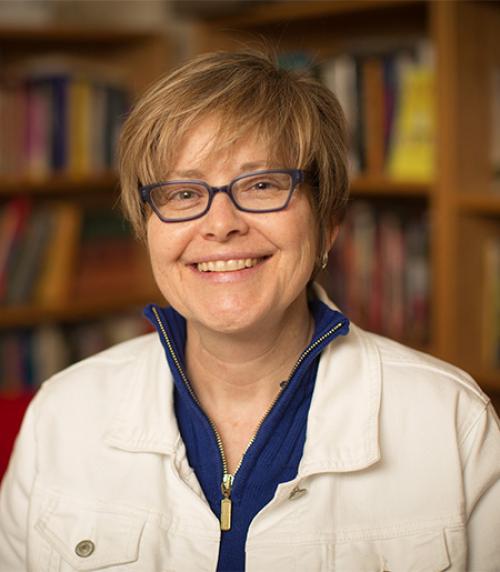
 Department Homepage
The College of Arts & Sciences
Department Homepage
The College of Arts & Sciences
PMA prof. offers extra technology help for faculty, students
Last month, as Cornell faculty learned they needed to move quickly to remote instruction, Sara Warner, director of LGBT Studies and associate professor in the Department of Performing and Media Arts, realized she had more technical skills than some of her peers.“In our department, it’s hard to translate what we do to online teaching, especially the live, embodied participant experience,” she said. “I could see the look of concern on some of our faculty members’ faces.”




